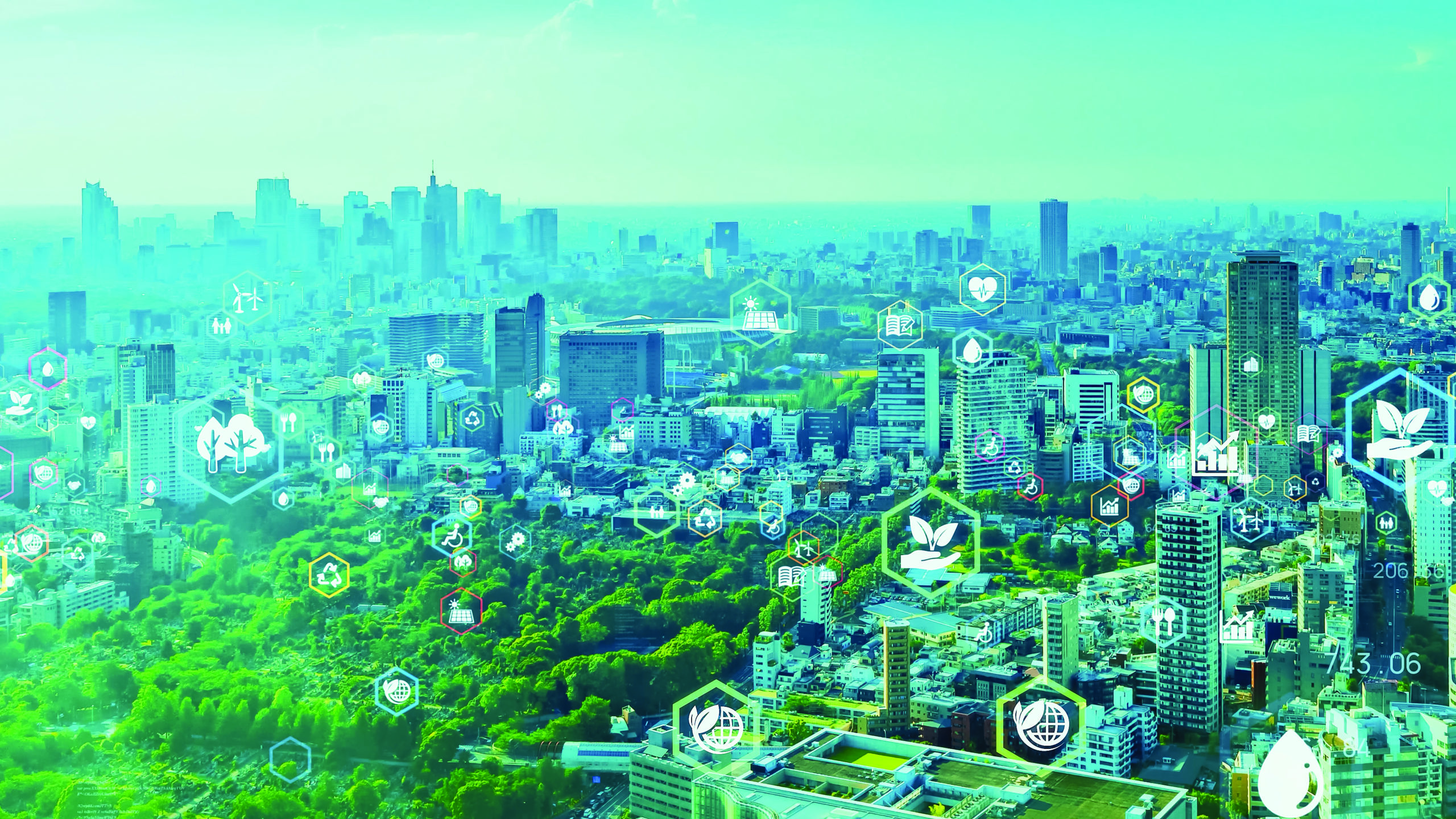Bridging the science-policy gap means gains for everyone – Prof Yongyuth Yuthavong
Bridging the science-policy gap means gains for everyone
The INGSA Southeast Asia Science Advice Network (SEA SAN) is pleased to share a Commentary by Professor Yongyuth Yuthavong, Former Deputy Prime Minister and Former Minister of Science and Technology, Thailand. This is based on Professor Yuthavong’s Keynote Address to the Third Meeting of the SEA SAN themed ‘Bridging the Gap Between Science and Policy in Southeast Asia’ which was held on 20 June 2022, in Kuala Lumpur, Malaysia.
Nudge theory was introduced in 2008 by economist Richard Thaler, who was awarded the Nobel Prize for Economics in 2017. It explains how to ‘nudge’ people to take decisions that can be difficult but benefit them or society in the long term. In some ways, policy advisers, including science advisers, are ‘nudgers’, whose job is to give a gentle push to decision-makers.
Since nudging is normally applied by policymakers to the public, science advising can be considered as reverse nudging, from the public’s perspective, with science advisers as representatives, aiming back at the policymakers themselves.
However, the job is not simply to market science, but much more. It includes giving advice to policymakers and people involved in diplomacy, both within the country and among countries.
Policymakers for whom the advice is intended include those in governments, institutions, industries and civil societies.
The general public can also gain from advice on issues of importance to society. These include:
• New scientific and technological developments of potential societal benefit;
• Development paths for important programmes and projects, such as genomics and artificial intelligence;
• Technical issues of potential harm or threat to the public in health, environment, finance, and so on; and
• The measures required to achieve the aims of development programmes or to mitigate the risks of potential threats stemming from environment-, health- or other science-related issues.
People working in diplomacy can gain from advice in areas such as:
• Diplomacy in which science is an integral part, such as in joint development of programmes between two or more countries;
• Use of scientific and technological collaborations between two or more countries to build relations between them;
• For ASEAN countries, science diplomacy involves relations with China, India, Australia, the EU, the USA, etcetera, in either bilateral or multilateral ways; and
• In another sense, science advising can be seen as ‘diplomatic nudging’ whereby ‘diplomatic’ is taken in a wide sense, not only relating to international but also domestic affairs.
Bridging the gaps
Science advice and diplomacy require a broadening of perspectives, both for people whose training was in science and for those in policy.
There are wide gaps between the two areas which must be bridged, since science training does not usually include policy, and training in policy often does not give much consideration to science. Science tends to concentrate on detailed mechanisms, while policy tends to concentrate on the ‘big picture’.
Both groups have the same objective of planning and improving the operation of programmes and projects, but tend to go about doing it in opposite ways.
The policy people tend to start from the big picture and work their way down to the mechanisms, while the science people tend to do things in the reverse order, working from the detailed mechanisms up to the big picture. One wants to see the whole forest first before working on the trees and animals, while the other wants it the other way round.
The two approaches are complementary as long as they meet somewhere in the middle, but it can be disastrous if they do not meet and create a single big picture with optimal detail.
When it comes to scientific advice and diplomacy, policymakers need to have a clear idea of where they are heading on a broad range of topics from the beginning. These can range from technical and scientific education and the development of new technologies to the commercialisation of science and technology.
The health of our planet and sustainable development form a group of topics of increasing importance and urgency and involve other areas than science and technology. Advisers need to be familiar with these in order to be able to give sound advice.
The light and shadows of S&T
In giving advice on science and technology, both the rosy and dark sides need to be given due attention.
In this sense, the words of the late Koji Omi, former minister of finance of Japan, are worth recalling: “In recent years, science and technology have progressed very rapidly and brought tremendous benefits to our daily lives. On the other hand, advances in science and technology have brought about problems such as global warming, ethical concerns in biosciences and information security issues in ICT. These are the so-called ‘lights and shadows of science and technology [S&T]’…
“At the same time, progress in science and technology is strongly influencing business, culture and society. Therefore, S&T is not an issue for scientists and engineers alone; everyone, including policymakers, business leaders and media leaders, should think of it as their own problem.”
In conclusion, science advising aims to nudge policymakers to capitalise on societal goods. It requires a two-pronged approach, both from the outside and from the inside of science, technology and innovation. Sharing experiences among advisers worldwide, and especially among ASEAN countries, should bring benefits for everyone.
This article was originally published by the University World News. Visit www.sea-san.org for more articles from the SEA SAN.


